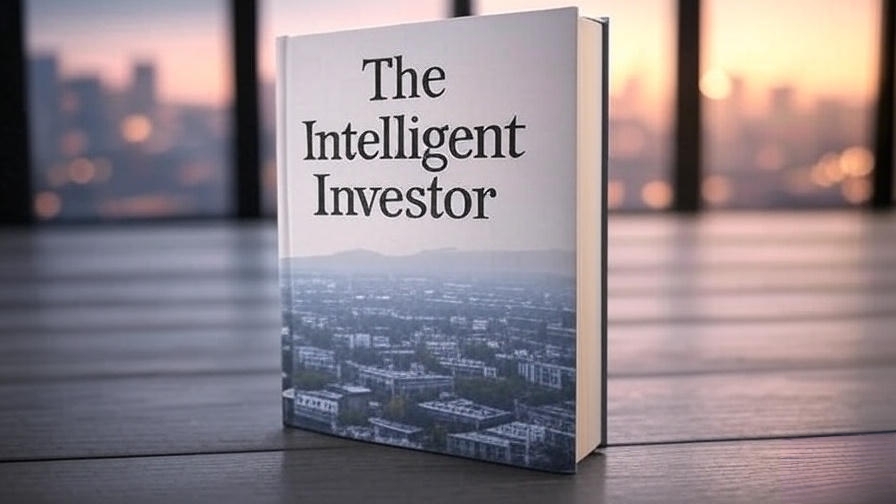𝗜𝗻𝘁𝗿𝗼𝗱𝘂𝗰𝘁𝗶𝗼𝗻
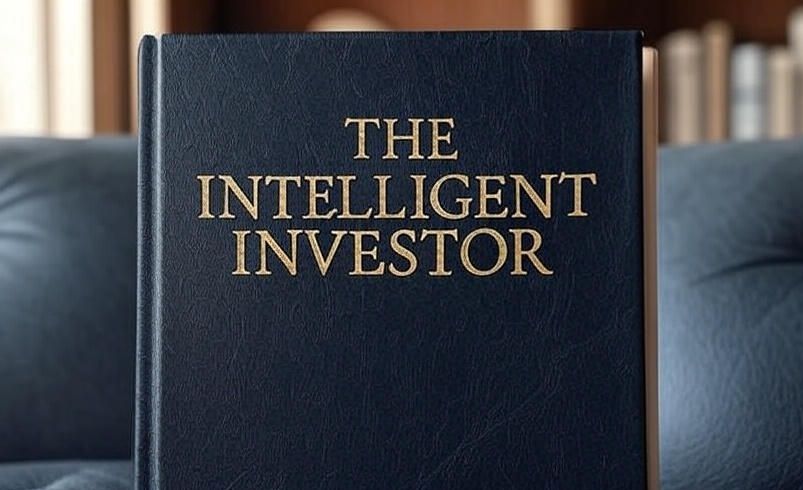
“The Intelligent Investor,” written by Benjamin Graham and first published in 1949, is widely regarded as one of the most influential books on investing ever written. Often referred to as the “Bible of Value Investing,” it provides timeless wisdom for anyone looking to navigate the complex world of finance. Graham, a legendary investor and mentor to Warren Buffett, lays out a disciplined, rational approach to investing that prioritizes long-term success over short-term speculation. This book review and summary will break down the core concepts, key lessons, and practical takeaways from “The Intelligent Investor” in a simple, accessible way for all audiences—whether you’re a beginner or an experienced investor.
This article will explore the book’s main ideas, its relevance today, key chapters, and practical applications, all while keeping the language clear and engaging. By the end, you’ll understand why “The Intelligent Investor” remains a must-read for anyone serious about building wealth through smart investing.
𝗢𝘃𝗲𝗿𝘃𝗶𝗲𝘄 𝗼𝗳 “𝗧𝗵𝗲 𝗜𝗻𝘁𝗲𝗹𝗹𝗶𝗴𝗲𝗻𝘁 𝗜𝗻𝘃𝗲𝘀𝘁𝗼𝗿”

“The Intelligent Investor” is not a get-rich-quick guide. Instead, it’s a comprehensive manual that teaches readers how to think about investing logically and avoid common pitfalls. Graham emphasizes the importance of discipline, research, and emotional control in building a successful investment strategy. The book is divided into 20 chapters, each covering different aspects of investing, from understanding market fluctuations to selecting undervalued stocks.
Graham introduces two types of investors: the defensive investor and the enterprising investor. The defensive investor seeks safety and minimal effort, focusing on stable, low-risk investments. The enterprising investor, on the other hand, is willing to put in more time and effort to research and select investments for potentially higher returns. Regardless of which type you are, Graham’s principles revolve around value investing—buying securities that are priced below their intrinsic value and holding them for the long term.
The book has been updated several times, with contributions from Jason Zweig, a financial journalist who provides modern commentary to Graham’s original text. These updates make the book relevant to today’s markets, even though the core ideas were written decades ago.
𝗞𝗲𝘆 𝗧𝗵𝗲𝗺𝗲𝘀 𝗮𝗻𝗱 𝗖𝗼𝗻𝗰𝗲𝗽𝘁𝘀
𝟭. 𝗩𝗮𝗹𝘂𝗲 𝗜𝗻𝘃𝗲𝘀𝘁𝗶𝗻𝗴: 𝗕𝘂𝘆𝗶𝗻𝗴 𝗦𝘁𝗼𝗰𝗸𝘀 𝗮𝘁 𝗮 𝗗𝗶𝘀𝗰𝗼𝘂𝗻𝘁
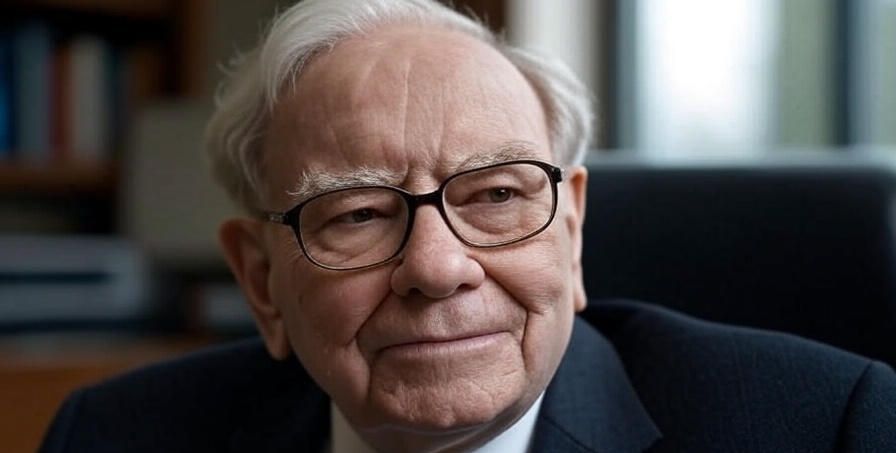
At the heart of “The Intelligent Investor” is the concept of value investing. Graham teaches that the stock market is not always rational, and prices often deviate from a company’s true worth (its intrinsic value). An intelligent investor looks for opportunities to buy stocks when they are undervalued—essentially, getting a good deal on a quality company.
Graham uses the famous allegory of Mr. Market to illustrate this point. Mr. Market is an imaginary business partner who offers to buy or sell shares every day at different prices, often based on his emotions rather than logic. Sometimes, Mr. Market is overly optimistic and offers high prices; other times, he’s pessimistic and offers low prices. The intelligent investor ignores Mr. Market’s mood swings and focuses on the underlying value of the business, only buying when the price is significantly lower than the intrinsic value.
𝟮. 𝗠𝗮𝗿𝗴𝗶𝗻 𝗼𝗳 𝗦𝗮𝗳𝗲𝘁𝘆
One of Graham’s most famous principles is the margin of safety. This means buying a stock at a price so low that even if things go wrong, the investor is protected from significant losses. For example, if a company’s intrinsic value is $100 per share, but it’s trading at $60, the $40 difference is your margin of safety. This cushion helps reduce risk and increases the likelihood of profit.
The margin of safety is a cornerstone of value investing and applies to both defensive and enterprising investors. It’s like buying a house worth $200,000 for $120,000—you’re getting a bargain that protects you from unexpected problems.
𝟯. 𝗧𝗵𝗲 𝗗𝗶𝗳𝗳𝗲𝗿𝗲𝗻𝗰𝗲 𝗕𝗲𝘁𝘄𝗲𝗲𝗻 𝗜𝗻𝘃𝗲𝘀𝘁𝗶𝗻𝗴 𝗮𝗻𝗱 𝗦𝗽𝗲𝗰𝘂𝗹𝗮𝘁𝗶𝗻𝗴
Graham makes a clear distinction between investing and speculating. Investing involves thorough analysis, a focus on long-term value, and a commitment to safety. Speculating, on the other hand, is like gambling—betting on short-term price movements without understanding the underlying business. Graham warns that speculation often leads to losses because it relies on unpredictable market trends rather than sound reasoning.
𝟰. 𝗘𝗺𝗼𝘁𝗶𝗼𝗻𝗮𝗹 𝗗𝗶𝘀𝗰𝗶𝗽𝗹𝗶𝗻𝗲
The stock market can be an emotional rollercoaster, with prices swinging wildly based on news, rumors, or investor sentiment. Graham stresses that successful investors must control their emotions and avoid being swayed by market hype or panic. By sticking to a disciplined strategy and focusing on fundamentals, investors can avoid costly mistakes.
𝟱. 𝗗𝗶𝘃𝗲𝗿𝘀𝗶𝗳𝗶𝗰𝗮𝘁𝗶𝗼𝗻
Graham advocates for diversification to reduce risk. By spreading investments across different companies, industries, and asset classes (like stocks and bonds), investors can protect themselves from significant losses if one investment performs poorly. For defensive investors, diversification is especially important, as it minimizes the need for constant monitoring.
𝗞𝗲𝘆 𝗖𝗵𝗮𝗽𝘁𝗲𝗿𝘀 𝗮𝗻𝗱 𝗟𝗲𝘀𝘀𝗼𝗻𝘀
The Intelligent Investor” is packed with insights, but here are some of the most impactful chapters and their key takeaways:
𝗖𝗵𝗮𝗽𝘁𝗲𝗿 𝟭: 𝗜𝗻𝘃𝗲𝘀𝘁𝗺𝗲𝗻𝘁 𝘃𝗲𝗿𝘀𝘂𝘀 𝗦𝗽𝗲𝗰𝘂𝗹𝗮𝘁𝗶𝗼𝗻
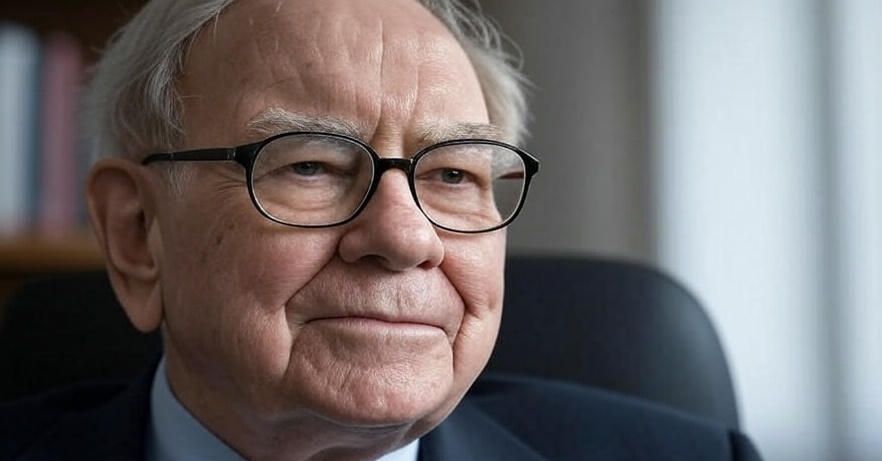
Graham starts by defining what it means to be an investor. He emphasizes that investing requires a thorough analysis of a company’s financial health, a focus on long-term returns, and a commitment to safety. Speculators, by contrast, chase quick profits without understanding the risks. This chapter sets the tone for the book, urging readers to adopt a disciplined, rational approach.
𝗖𝗵𝗮𝗽𝘁𝗲𝗿 𝟴: 𝗧𝗵𝗲 𝗜𝗻𝘃𝗲𝘀𝘁𝗼𝗿 𝗮𝗻𝗱 𝗠𝗮𝗿𝗸𝗲𝘁 𝗙𝗹𝘂𝗰𝘁𝘂𝗮𝘁𝗶𝗼𝗻𝘀
This chapter introduces Mr. Market and explains how investors should respond to market volatility. Graham advises ignoring short-term price swings and focusing on the intrinsic value of investments. He also introduces the concept of dollar-cost averaging, where investors regularly invest a fixed amount regardless of market conditions, reducing the risk of buying at a high price.
𝗖𝗵𝗮𝗽𝘁𝗲𝗿 𝟭𝟬: 𝗧𝗵𝗲 𝗜𝗻𝘃𝗲𝘀𝘁𝗼𝗿 𝗮𝗻𝗱 𝗛𝗶𝘀 𝗔𝗱𝘃𝗶𝘀𝗲𝗿𝘀
Graham discusses the role of financial advisors and warns against relying on them blindly. He encourages investors to educate themselves and take responsibility for their decisions. Even when hiring a professional, investors should understand the strategies being used and ensure they align with their goals.
𝗖𝗵𝗮𝗽𝘁𝗲𝗿 𝟭𝟰: 𝗦𝘁𝗼𝗰𝗸 𝗦𝗲𝗹𝗲𝗰𝘁𝗶𝗼𝗻 𝗳𝗼𝗿 𝘁𝗵𝗲 𝗗𝗲𝗳𝗲𝗻𝘀𝗶𝘃𝗲 𝗜𝗻𝘃𝗲𝘀𝘁𝗼𝗿
This chapter outlines how defensive investors can build a portfolio. Graham recommends focusing on large, well-established companies with a history of consistent earnings and dividends. He also suggests investing in bonds for stability and diversifying across industries to reduce risk.
𝗖𝗵𝗮𝗽𝘁𝗲𝗿 𝟮𝟬: 𝗠𝗮𝗿𝗴𝗶𝗻 𝗼𝗳 𝗦𝗮𝗳𝗲𝘁𝘆 𝗮𝘀 𝘁𝗵𝗲 𝗖𝗲𝗻𝘁𝗿𝗮𝗹 𝗖𝗼𝗻𝗰𝗲𝗽𝘁 𝗼𝗳 𝗜𝗻𝘃𝗲𝘀𝘁𝗺𝗲𝗻𝘁
The final chapter ties together Graham’s philosophy. The margin of safety is the key to minimizing risk and maximizing returns. By buying undervalued securities and diversifying, investors can protect themselves from losses and position themselves for long-term success.
𝗣𝗿𝗮𝗰𝘁𝗶𝗰𝗮𝗹 𝗔𝗽𝗽𝗹𝗶𝗰𝗮𝘁𝗶𝗼𝗻𝘀 𝗳𝗼𝗿 𝗧𝗼𝗱𝗮𝘆’𝘀 𝗜𝗻𝘃𝗲𝘀𝘁𝗼𝗿𝘀
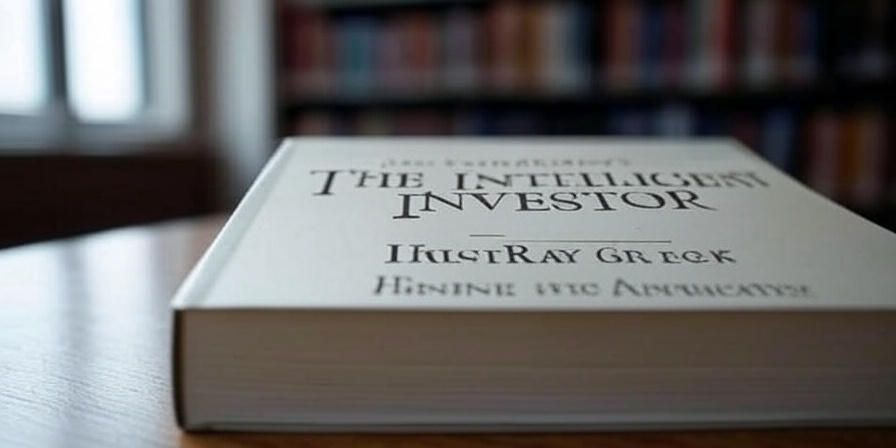
While “The Intelligent Investor” was written decades ago, its principles are still highly relevant in 2025. Here’s how you can apply Graham’s ideas to modern investing:
𝟭. 𝗥𝗲𝘀𝗲𝗮𝗿𝗰𝗵 𝗮𝗻𝗱 𝗔𝗻𝗮𝗹𝘆𝘀𝗶𝘀
Before buying a stock, research the company’s financial statements, earnings history, and competitive position. Tools like Bloomberg, Yahoo Finance, or company annual reports can help you estimate intrinsic value. Look for companies with strong fundamentals—consistent revenue, manageable debt, and a competitive advantage.
𝟮. 𝗦𝘁𝗶𝗰𝗸 𝘁𝗼 𝗮 𝗦𝘁𝗿𝗮𝘁𝗲𝗴𝘆
Whether you’re a defensive or enterprising investor, define your strategy and stick to it. For defensive investors, consider low-cost index funds or ETFs (exchange-traded funds) that track the broader market, as these align with Graham’s emphasis on safety and diversification. Enterprising investors might research individual stocks but should still prioritize undervalued companies with a margin of safety.
𝟯. 𝗔𝘃𝗼𝗶𝗱 𝗠𝗮𝗿𝗸𝗲𝘁 𝗛𝘆𝗽𝗲
In 2025, markets are influenced by social media, memes, and rapid news cycles. Graham’s advice to ignore Mr. Market’s mood swings is more relevant than ever. Avoid chasing trends like cryptocurrency or “hot” tech stocks unless you’ve done thorough research and believe in their long-term value.
𝟰. 𝗗𝗶𝘃𝗲𝗿𝘀𝗶𝗳𝘆 𝗬𝗼𝘂𝗿 𝗣𝗼𝗿𝘁𝗳𝗼𝗹𝗶𝗼
Spread your investments across different sectors, such as technology, healthcare, and consumer goods, as well as asset classes like stocks, bonds, and real estate. This reduces the impact of a single poor-performing investment.
𝟱. 𝗨𝘀𝗲 𝗗𝗼𝗹𝗹𝗮𝗿-𝗖𝗼𝘀𝘁 𝗔𝘃𝗲𝗿𝗮𝗴𝗶𝗻𝗴
Invest a fixed amount regularly, regardless of market conditions. This strategy helps you buy more shares when prices are low and fewer when prices are high, averaging out your costs over time.
𝟲. 𝗙𝗼𝗰𝘂𝘀 𝗼𝗻 𝘁𝗵𝗲 𝗟𝗼𝗻𝗴 𝗧𝗲𝗿𝗺
Graham’s philosophy is about building wealth over decades, not days. Avoid trying to time the market or predict short-term movements. Instead, focus on companies with strong fundamentals that can grow over time.
𝗪𝗵𝘆 “𝗧𝗵𝗲 𝗜𝗻𝘁𝗲𝗹𝗹𝗶𝗴𝗲𝗻𝘁 𝗜𝗻𝘃𝗲𝘀𝘁𝗼𝗿” 𝗠𝗮𝘁𝘁𝗲𝗿𝘀 𝗶𝗻 𝟮𝟬𝟮𝟱
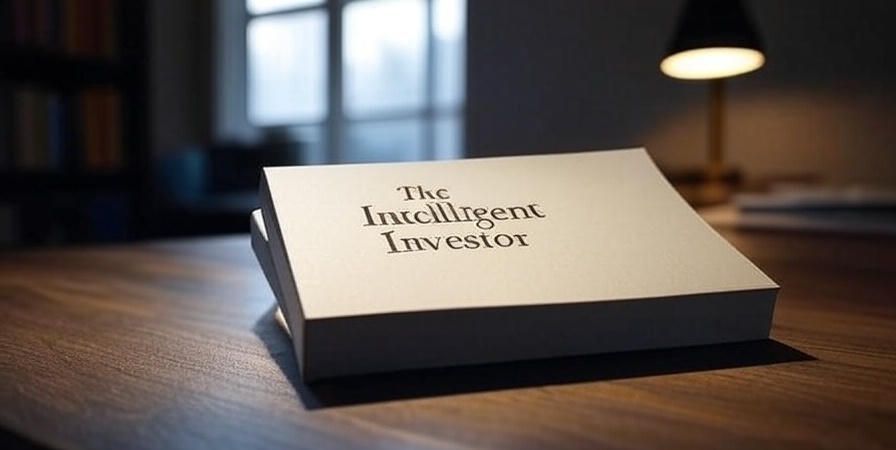
The financial world has changed significantly since 1949. Technology has made investing more accessible, with apps like Robinhood and Wealthfront allowing anyone to buy stocks or ETFs with a few clicks. However, this ease of access has also led to more speculation, as seen in events like the 2021 GameStop frenzy driven by social media platforms like Reddit and X.
Graham’s principles are a grounding force in this fast-paced environment. His emphasis on intrinsic value, discipline, and risk management helps investors avoid the pitfalls of chasing trends or reacting to market noise. The commentary by Jason Zweig in newer editions bridges the gap between Graham’s era and today, addressing modern challenges like tech bubbles, index funds, and global markets.
Moreover, Graham’s ideas align with the strategies of some of the world’s most successful investors, including Warren Buffett, who credits “The Intelligent Investor” as a major influence. Buffett’s long-term success with Berkshire Hathaway is a testament to the power of value investing and the margin of safety.
𝗦𝘁𝗿𝗲𝗻𝗴𝘁𝗵𝘀 𝗮𝗻𝗱 𝗪𝗲𝗮𝗸𝗻𝗲𝘀𝘀𝗲𝘀 𝗼𝗳 𝘁𝗵𝗲 𝗕𝗼𝗼𝗸
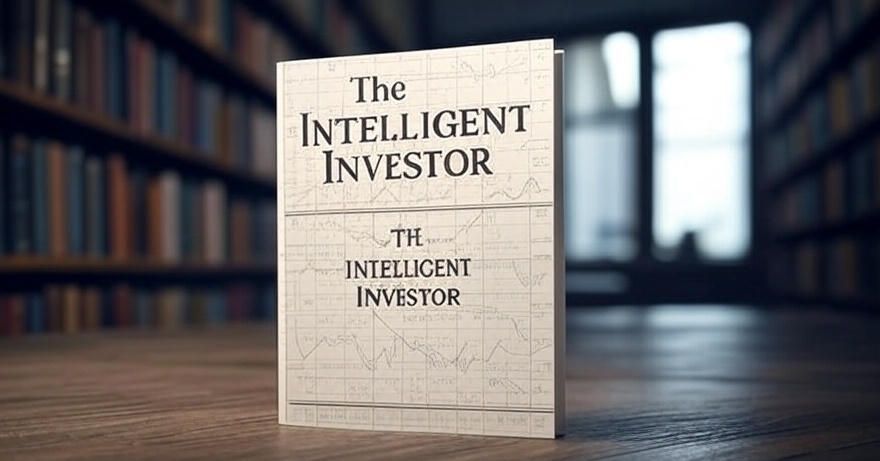
✓ Timeless Wisdom: Graham’s principles are universal and applicable to any market environment.
✓ Practical Advice: The book provides clear guidelines for both defensive and enterprising investors.
✓ Focus on Discipline: Graham’s emphasis on emotional control and rational decision-making is invaluable.
✓ Updated Commentary: Jason Zweig’s insights make the book relevant to modern readers.
𝗪𝗲𝗮𝗸𝗻𝗲𝘀𝘀𝗲𝘀
✓ Dense Language: Some readers may find Graham’s writing style dry or technical, especially in older editions.
✓ Outdated Examples: While Zweig’s commentary helps, some of Graham’s original examples (e.g., 1940s companies) feel dated.
✓ Not for Speculators: The book won’t appeal to those looking for quick profits or day-trading strategies.
𝗪𝗵𝗼 𝗦𝗵𝗼𝘂𝗹𝗱 𝗥𝗲𝗮𝗱 “𝗧𝗵𝗲 𝗜𝗻𝘁𝗲𝗹𝗹𝗶𝗴𝗲𝗻𝘁 𝗜𝗻𝘃𝗲𝘀𝘁𝗼𝗿”?
This book is for anyone interested in building wealth through disciplined, long-term investing. It’s especially valuable for:
✓ Beginners: The book provides a solid foundation for understanding investing basics.
✓ Experienced Investors: Graham’s insights can refine strategies and reinforce discipline.
✓ Financial Advisors: Professionals can use the book to guide clients toward sound investment practices.
✓ Anyone Seeking Financial Independence: The principles align with long-term wealth-building goals.
If you’re looking for a get-rich-quick scheme, this isn’t the book for you. But if you want to learn how to invest wisely and avoid common mistakes, “The Intelligent Investor” is a must-read.
𝗞𝗲𝘆 𝗧𝗮𝗸𝗲𝗮𝘄𝗮𝘆𝘀
✓ Invest, Don’t Speculate: Focus on long-term value, not short-term price swings.
✓ Buy with a Margin of Safety: Purchase stocks below their intrinsic value to reduce risk.
✓ Control Your Emotions: Don’t let market hype or fear drive your decisions.
✓ Diversify: Spread your investments to minimize risk.
✓ Stay Disciplined: Stick to a well-researched strategy, regardless of market conditions.
𝗖𝗼𝗻𝗰𝗹𝘂𝘀𝗶𝗼𝗻
“The Intelligent Investor” by Benjamin Graham is more than just a book—it’s a roadmap for financial success. Its principles of value investing, margin of safety, and emotional discipline have guided generations of investors, from novices to billionaires like Warren Buffett. In 2025, as markets become increasingly volatile and influenced by technology, Graham’s timeless advice remains a beacon of clarity.
Whether you’re a defensive investor looking for stability or an enterprising investor seeking higher returns, this book offers practical tools to navigate the stock market with confidence. By focusing on intrinsic value, diversifying your portfolio, and ignoring short-term noise, you can build wealth steadily over time.
If you’re ready to take control of your financial future, pick up “The Intelligent Investor” and start applying its lessons today. It’s not just a book—it’s a mindset that can transform the way you approach money and investing.

